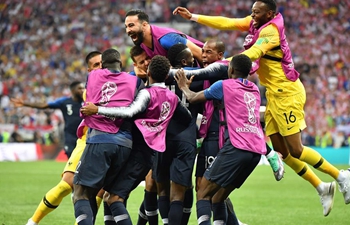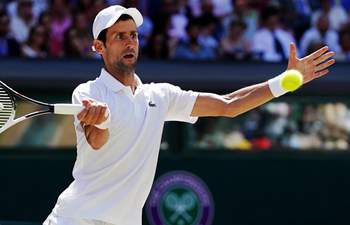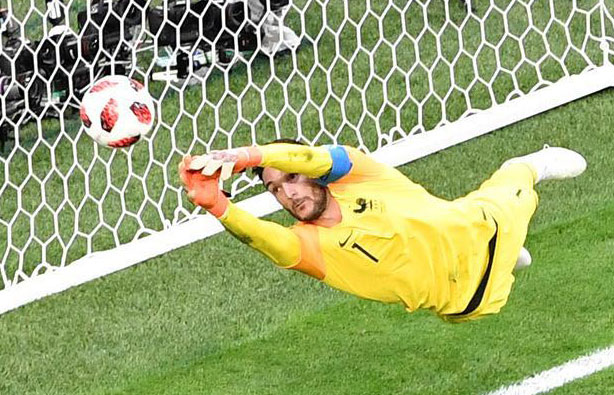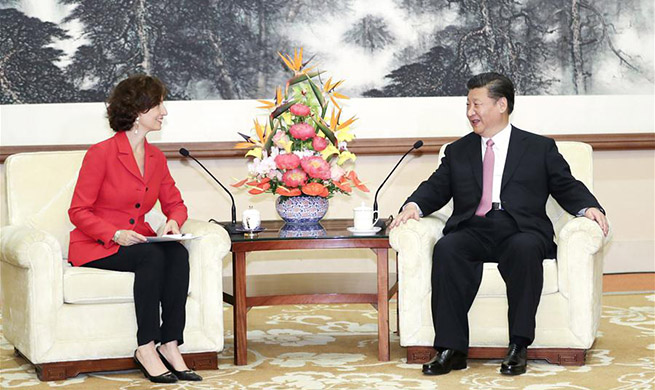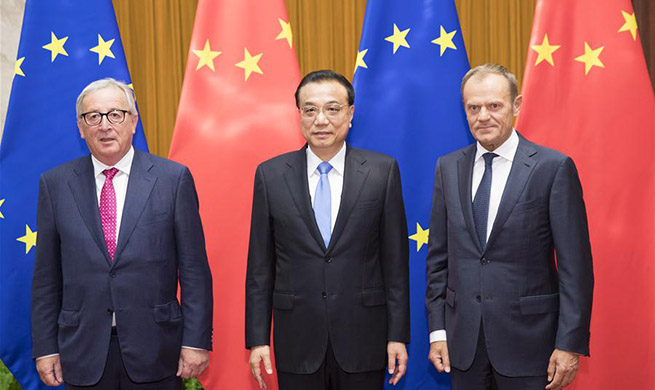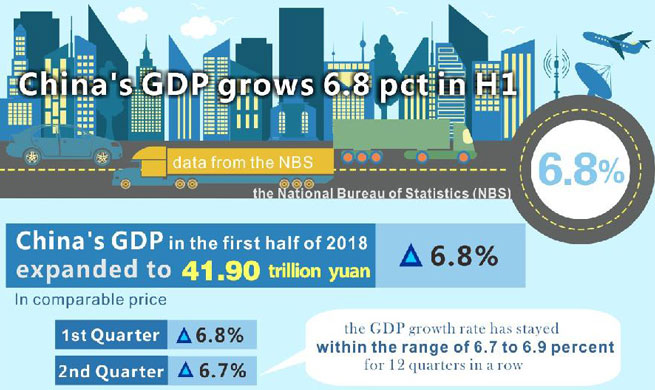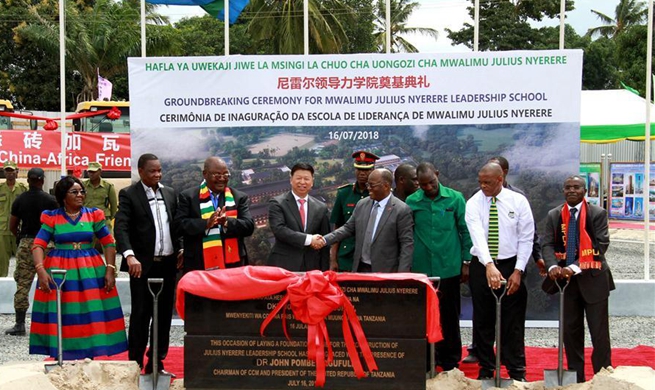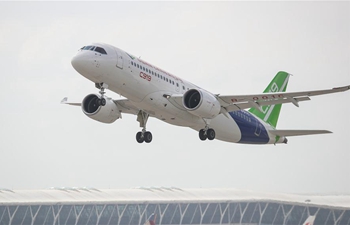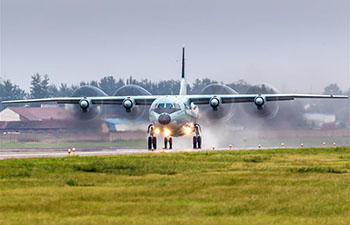JUBA, July 16 (Xinhua) -- South Sudan's peace monitors on Monday condemned the killing of 232 civilians and sexual violence against women, children and elderly people as revealed in a recent report from the United Nations.
Augustino Njoroge, the deputy chairman of the Joint Monitoring and Evaluation Commission (JMEC), said the commission is deeply disheartened by the continued killing of civilians alongside sexual violence against women, children and the elderly persons that has been ongoing since the conflict began five years ago.
"We in the Joint Monitoring and Evaluation Commission regret the killing of civilians, sexual violence against women, the displacement of children and the elderly and the disable persons as documented by UN Human Rights monitors," said Njoroge.
He spoke at a workshop organized by the Joint Monitoring and Evaluation Commission in collaboration with Whitaker Peace Initiative (WPDI) under the theme "peace in time: creating awareness for the youth on the South Sudan peace process."
Njoroge said the impact of the more than four years of conflict on the civilians is deeply disheartening and called on warring parties to the conflict to commit to the letter and spirit of the cessation of hostilities agreement signed in December 2017.
"We strongly condemn any act of violence on a civilian's population and reminds all parties to respect and fully commit to the letter and spirit of the signed cease-fire deal," Njoroge remarked.
Last week, the UN reported that at least 232 civilians were killed in attacks in Mayendit and Leer regions by individuals from the South Sudan government's allied forces and armed youth in opposition-controlled areas in April and May.
According to the report, victims and witnesses described how Sudan People's Liberation Army (SPLA) and allied forces would storm into villages in the early morning or at dawn, surround the village and start shooting at fleeing civilians.
The UN report documents acts that constitute gross violations and abuses of international human rights and humanitarian law that may amount to war crimes.
South Sudan's conflict that has now entered its fifth year erupted in 2013 after forces loyal to President Salva Kiir and his former deputy Riek Machar engaged in combat.
The 2015 peace agreement to end the violence was again violated in July 2016 when rival factions resumed fighting in the capital, Juba, forcing Machar to flee into exile.
Millions of South Sudanese civilians have sought refuge in neighboring countries as the conflict rages on despite attempts by international players to end it.





